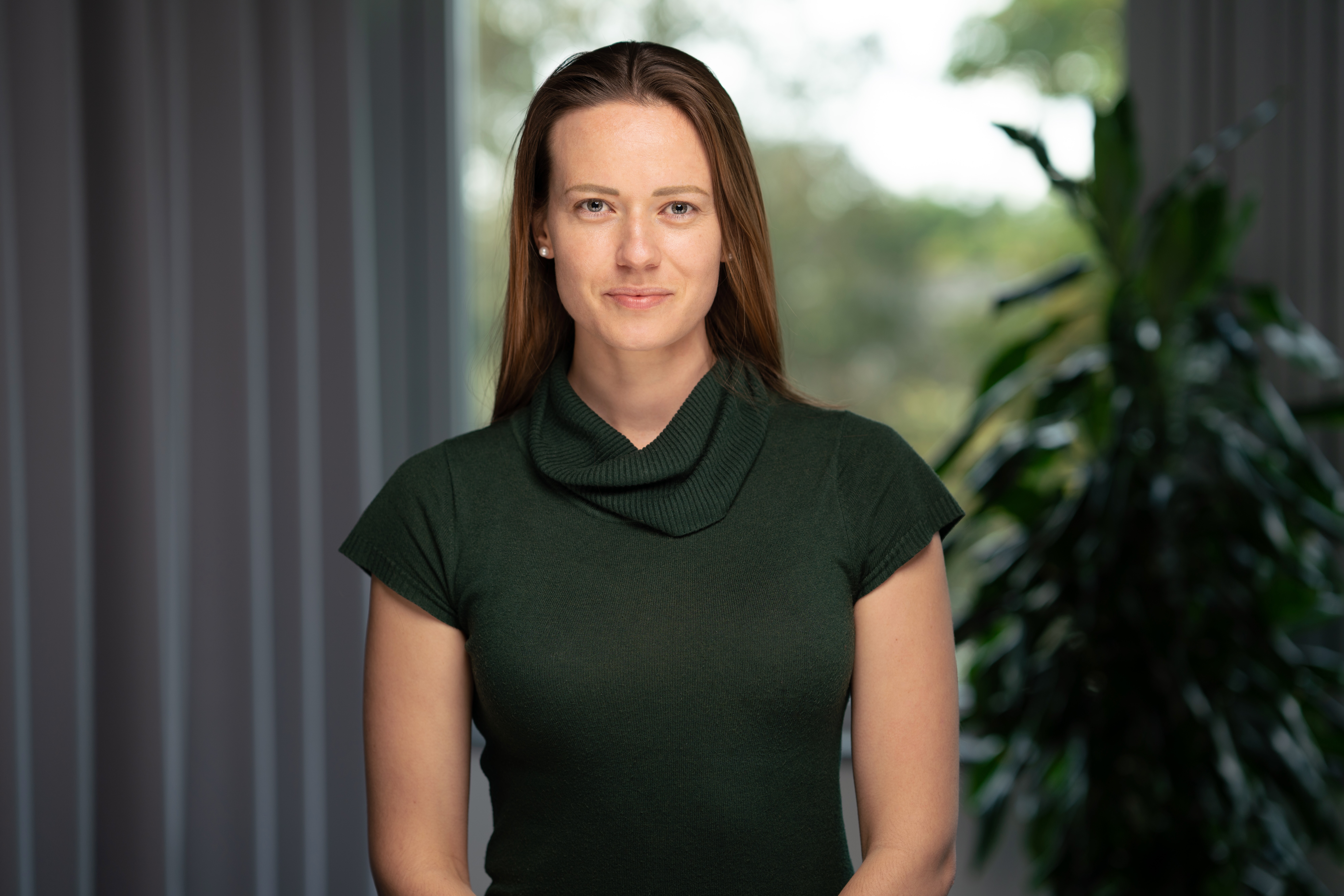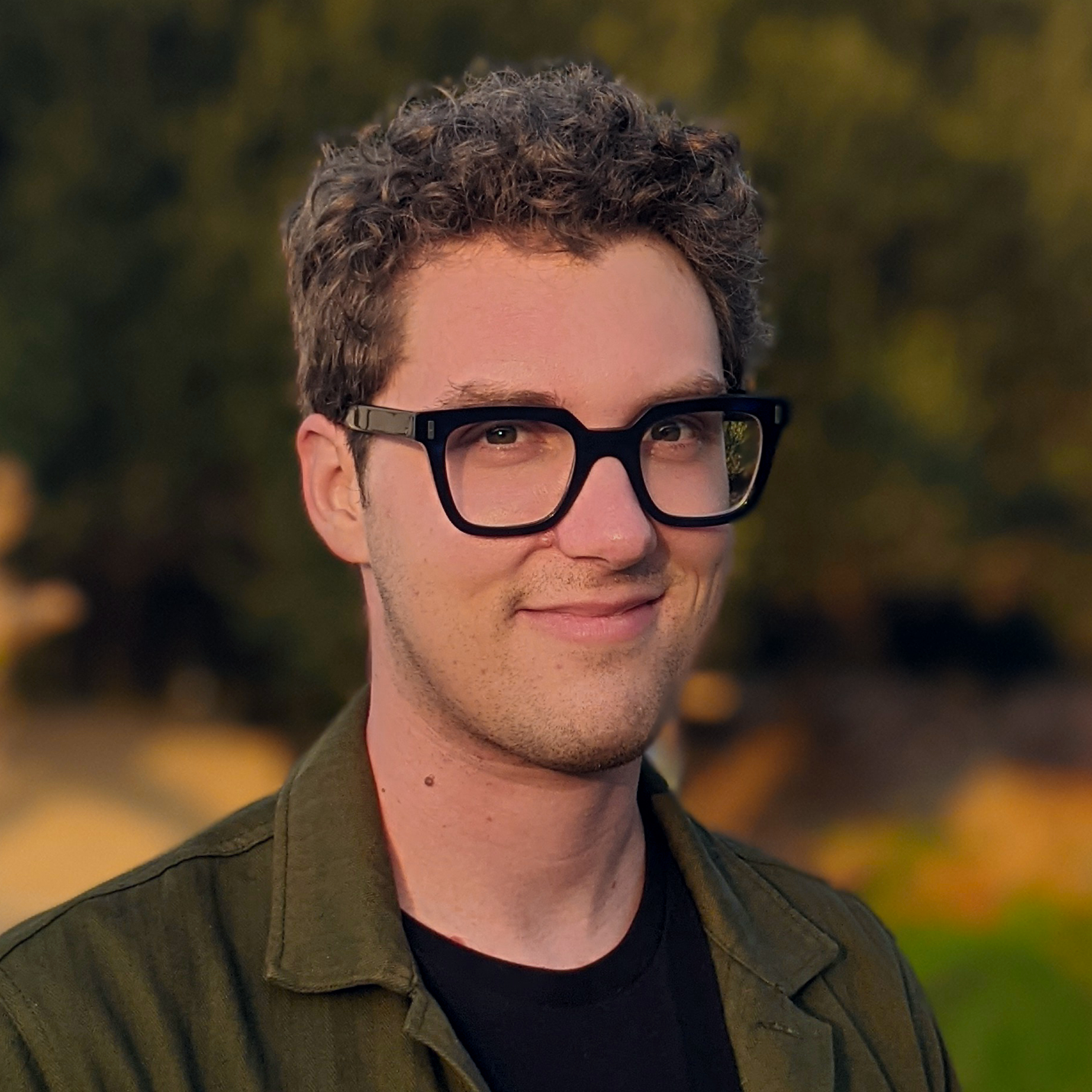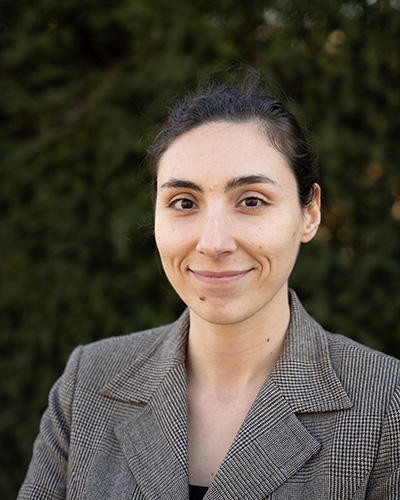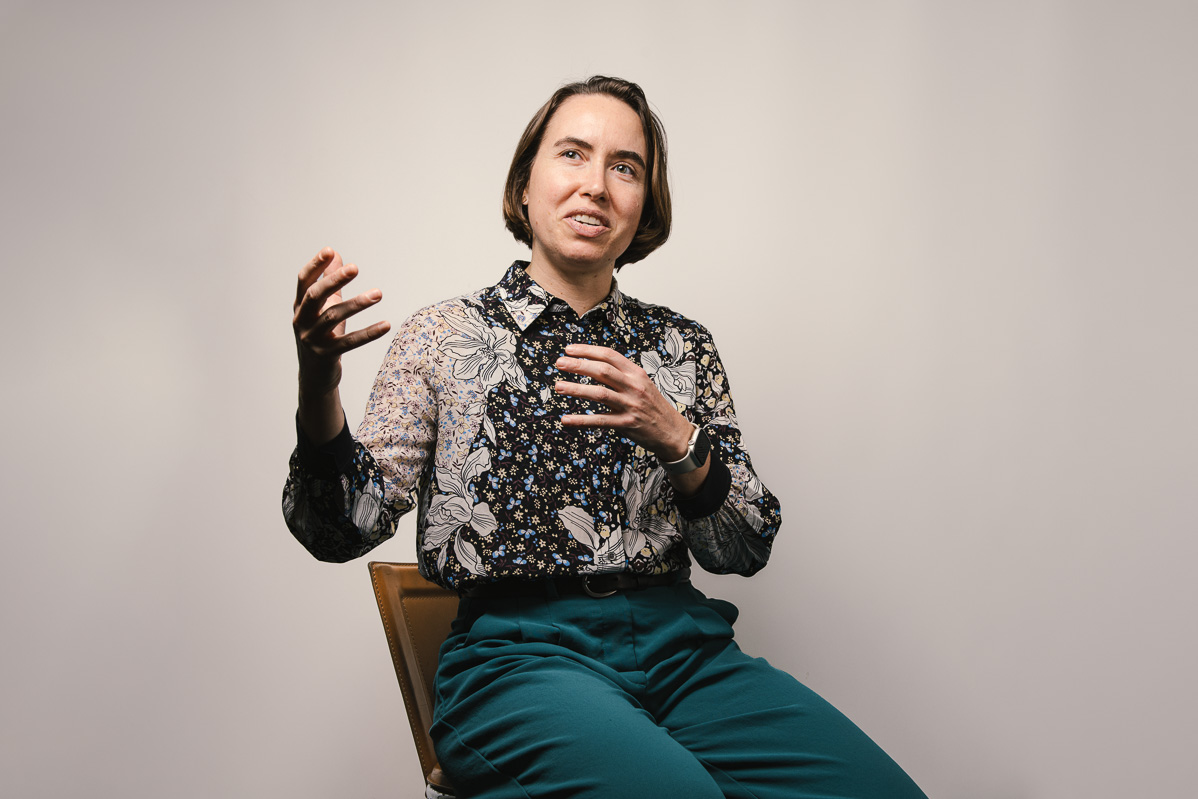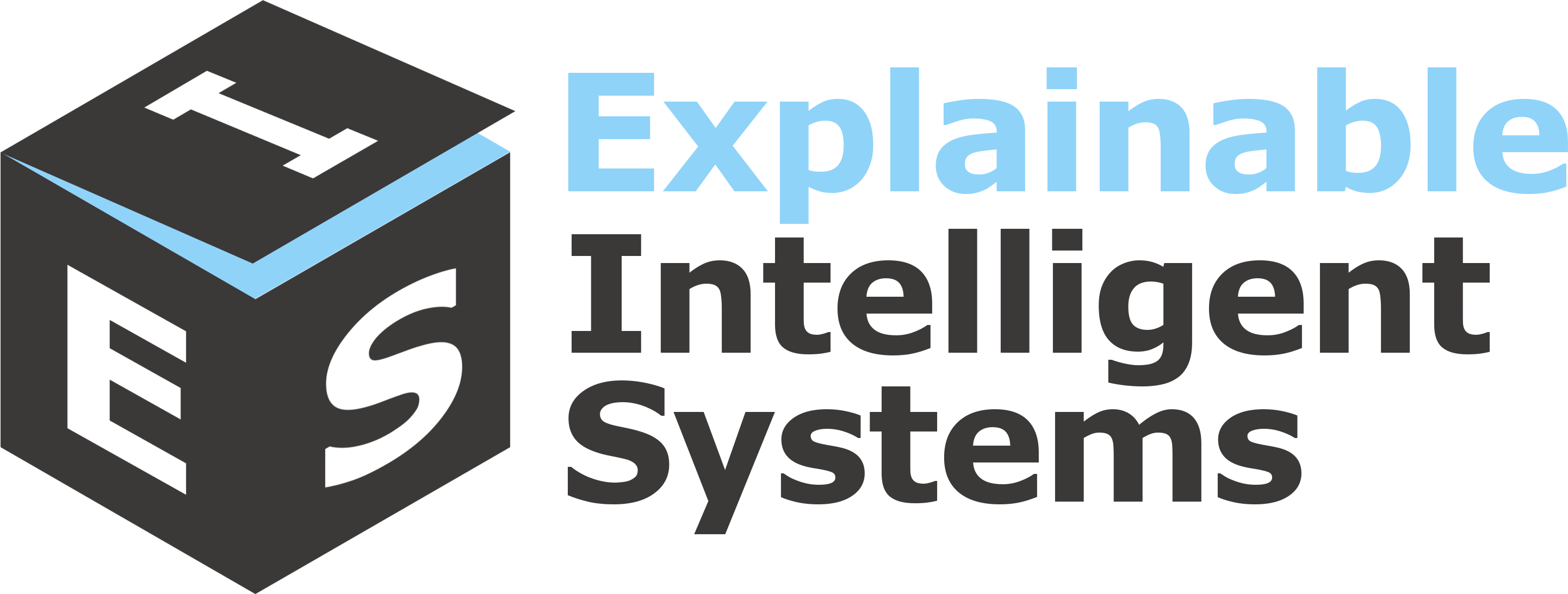Philosophy & Computer Science
Summer School 17th to 22nd July 2023, Bayreuth, Germany
Welcome to our summer school at the intersection of computer science and philosophy!
This intensive program is designed for phd students, graduate students, and advanced undergraduates who are interested in exploring topics at the intersection of philosophy and computer science.
During the summer school, participants will have the opportunity to engage with leading experts in the field, discuss cutting-edge research, and work on collaborative projects. The program will cover a wide range of topics, including intelligent systems, fairness, explainability, privacy, security, and healthcare.
In addition to formal lectures and seminars, the summer school will include hands-on workshops, a range of interactive group discussions, and social activities. This is a unique opportunity to learn about and reflect on the exciting and sometimes contentious relationship between computer science and philosophy, connect with your peers, and meet international experts in the field.
We’re looking forward to meeting you for this intellectual adventure!
Keynotes
A Causal Analysis of Harm
Friday, 21.07.2023 at 4:30pm
It has proved notoriously difficult to define harm. Indeed, it has been claimed that the notion of harm is a “Frankensteinian jumble” that should be replaced by other well-behaved notions. On the other hand, harm has become increasingly important as concerns about the potential harms that may be caused by AI systems grow. Indeed, the European Union’s draft AI act mentions “harm” over 25 times and points out that, given its crucial role, it must be defined carefully.
I start by defining a qualitative notion of harm that uses causal models and is based on a well-known definition of actual causality. The key features of the definition are that it is based on contrastive causation and uses a default utility to which the utility of actual outcomes is compared. I show that our definition is able to handle the problematic examples from the literature. I extend the definition to a quantitative notion of harm, first in the case of a single individual, and then for groups of individuals. I show that the “obvious”‘ way of doing this (just taking the expected harm for an individual and then summing the expected harm over all individuals) can lead to counterintuitive or inappropriate answers, and discuss alternatives, drawing on work from the decision-theory literature.
This is joint work with Sander Beckers and Hana Chockler.
Risk Imposition by Artificial Agents: The Moral Proxy Problem
Saturday, 22.07.2023 at 9:30am
Machine Ethics from an AI Perspective
Monday, 17.07.2023 at 4:30pm
In 2006 machine ethics was defined as the field that “is concerned with the behaviour of machines towards human users and other machines”. Since, the terms computational ethics and AI ethics have also been used. Sometimes they are used to denote completely different problems and sometimes different dimensions of the same concern: how should machines behave? From the point of view of philosophy, an oversimplified statement of the machine ethics problem is: what does it mean for a machine to behave ethically. From the point of view of AI what is studied in machine ethics (again putting it overtly simply) is: how do we automate moral reasoning and decision-making? The talk gives an overview of machine ethics from its official inception to today following the work in AI. A related, but pertinent point that also will be discussed is: are AI enhanced machines and softwares de facto acting as our moral arbiters.
Invited Speakers
Invited speakers are Aldo Faisal, Susanne Gaube, Joseph Halpern, Hendrik Heuer, Eva Lermer, Dimitri Coelho Mollo, Wojciech Samek, Elizabeth Seger, Tobias Seitz, Marija Slavkovik, Johanna Thoma, Mariya Toneva, Kate Vredenburgh, and Herbert Zech.See below for pictures and biographies of our speakers.
Schedule
Monday, 17.07.2023 – Opening (Bldg.: NW II, Room: H 18)
| Time | Activity | Person | Title |
|---|---|---|---|
| 14:30 – 16:00 | Opening | Lena Kästner, Olivier Roy | |
| 16:30 – 18:00 | Keynote | Marija Slavkovik | Machine Ethics from an AI Perspective |
Tuesday, 18.07.2023 – Intelligent Systems (Bldg.: RW I, Room: S 62)
| Time | Activity | Person | Title |
|---|---|---|---|
| 09:30 – 11:00 | Lecture | Dimitri Coelho Mollo | Models of (Artificial) Intelligence: Idealisation and Behaviour |
| 11:30 – 13:00 | Lecture | Elizabeth Seger | AI Democratization: What it Means, How Its Achieved, and the Role of Open-Source Model Sharing |
| 14:30 – 16:00 | Lecture | Mariya Toneva | Bridging Language in Machines with Language in the Brain |
| 16:30 – 17:30 | Poster Session | ||
| 18:00 – 19:00 | Social Event | Botanical Garden Tour |
Wednesday, 19.07.2023 – Fairness & Explainability (Bldg.: RW I, Room: S 62)
| Time | Activity | Person | Title |
|---|---|---|---|
| 09:30 – 11:00 | Lecture | Wojciech Samek | From Black-Box Models to Human-Understandable Explainable AI |
| 11:30 – 13:00 | Lecture | Kate Vredenburgh | Algorithmic Fairness Beyond Error Rates |
| 14:30 – 16:00 | Lecture | Hendrik Heuer | Fairness, Accountability, Transparency & Ethics in Machine Learning |
| 16:30 – 18:00 | Group Work | Group A: Auditing Recommendations of Machine Learning Systems (Hendrik Heuer; Bldg.: RW II, Room: S 40) Group B: Evaluating the alignment between human brains and language models (Mariya Toneva; Bldg.: RW II, Room: S 46) |
Thursday, 20.07.2023 – AI in Healthcare (Bldg.: RW I, Room: S 62)
| Time | Activity | Person | Title |
|---|---|---|---|
| 09:30 – 11:00 | Lecture | Eva Lermer & Susanne Gaube | The Effect of Diagnostic AI-Generated Advice on Clinical Decision-Making |
| 11:30 – 13:00 | Lecture | Anne-Kathrin Kleine | A Glimpse Into the Future – How AI-Enabled Precision Psychiatry Tools Advance Mental Healthcare |
| 14:30 – 16:00 | Lecture | Aldo Faisal | AI for Healthcare: Why It Exemplifies Everything That Makes AI Hard and Important |
| 16:30 – 18:00 | Social Event | City Tour |
Friday, 21.07.2023 – Privacy & Security (Bldg.: RW I, Room: S 62)
| Time | Activity | Person | Title |
|---|---|---|---|
| 09:30 – 11:00 | Lecture | Herbert Zech | Legal Responsibility for AI |
| 11:30 – 13:00 | Lecture | Tobias Seitz | A Practical Primer on User Research in Security & Privacy |
| 14:30 – 16:00 | Group Work | Group A: Crafting a Great Research Plan (Tobias Seitz; Bldg.: GW II, Room: S 6) Group B: TBA (TBA; Bldg.: GW II, Room S 8) |
|
| 16:30 – 18:00 | Keynote | Joseph Halpern | A Causal Analysis of Harm (Bldg.: RW I, Room: H 25) |
Saturday, 22.07.2023 – Summary & Closing (Bldg.: RW I, Room: H 25)
| Time | Activity | Person | Title |
|---|---|---|---|
| 09:30 – 11:00 | Keynote | Johanna Thoma | Risk Imposition by Artificial Agents: The Moral Proxy Problem |
| 11:30 – 13:00 | Final Discussion |
Application/Registration
Deadline: March 31, 2023 April 9, 2023 Application is closed!
Participation in the summer school is 90€. This includes lunch and coffee as well as a guided city tour.
If you’re interested in joining the summer school, please fill in this document and send it together with your current transcript of records and a CV to phil+cs(at)uni-bayreuth(dot)de. There is a limited number of scholarships (max. 500€ per person) available to support those in need of assistance with travel and accommodation costs. Please indicate in your application if you’d like to be considered for this.
The keynote lectures are public and free to attend for everyone, no registration required. Places available for joing the full program are limited, please apply. There will be no streaming of lectures or keynotes.
Senior researchers who are interested in joining certain lectures or days, please contact us at phil+cs(at)uni-bayreuth(dot)de.
If you are a student at University of Bayreuth, you might be able to take certain parts of the summer school as coursework. For details please refer to CMlife teaching entries; there’s no need to fill in the application form. Of course, you can also apply as a regular participant to join the full program.
Poster Session
The Summer School will include a poster session on Tuesday afternoon. All participants will be invited to present a poster on the topic they are working on. We can accommodate posters up to a size of A0.
If you are a participant wanting to present a poster and have not contacted us concerning that, please get in touch at phil+cs(at)uni-bayreuth(dot)de.
Travel & Accommodation
To get to Bayreuth you have three main options:
By plane:
If you plan to come to Bayreuth by plane the nearest airport is in Nuremberg. From there you have to take a train to the main station (Nuremberg airport to Nuremberg main station) and then take the train to Bayreuth (Bayreuth Hauptbahnhof). The route takes about 1h 15min.
Some better connections might also be found to the airport in Munich. From which you can reach Bayreuth by train via Nuremberg. This takes around 3h 30min and you need to change train at Munich main station and Nuremberg main station.
Detailed information about the train can be found here.
By train:
If you will travel by train the best way is to take a train to Bamberg or Nuremberg since Bayreuth, unfortunately, does not have a long-distance train station. From there you can take a local train connecting to Bayreuth. You have to be a little bit cautious to not end up on the wrong train. From both directions, there are two coupled trains from which only one goes to Bayreuth. So, make sure, that you entered the correct train.
More detailed information can be found on the Deutsche Bahn website here. The train station in Bayreuth is called Bayreuth Hauptbahnhof.
By car:
If you come by car, Bayreuth is very easy to reach. The university is located right next to the Autobahn A9 exit Bayreuth south. There are plenty of parking spots at the university free of charge.
Sights in and around Bayreuth
Scientific Organizers
Daniel Buschek – Lena Kästner – Olivier Roy – Timo Speith


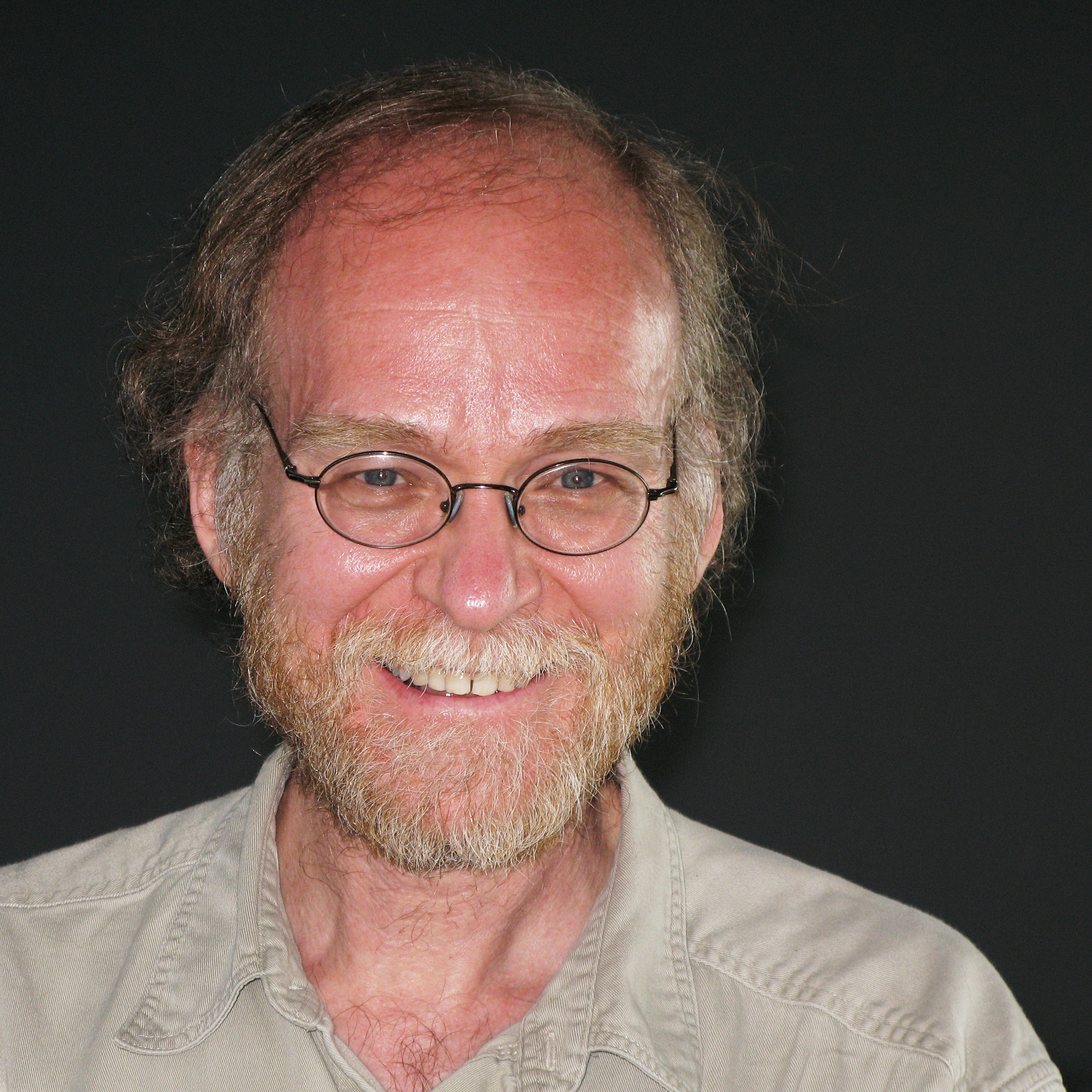
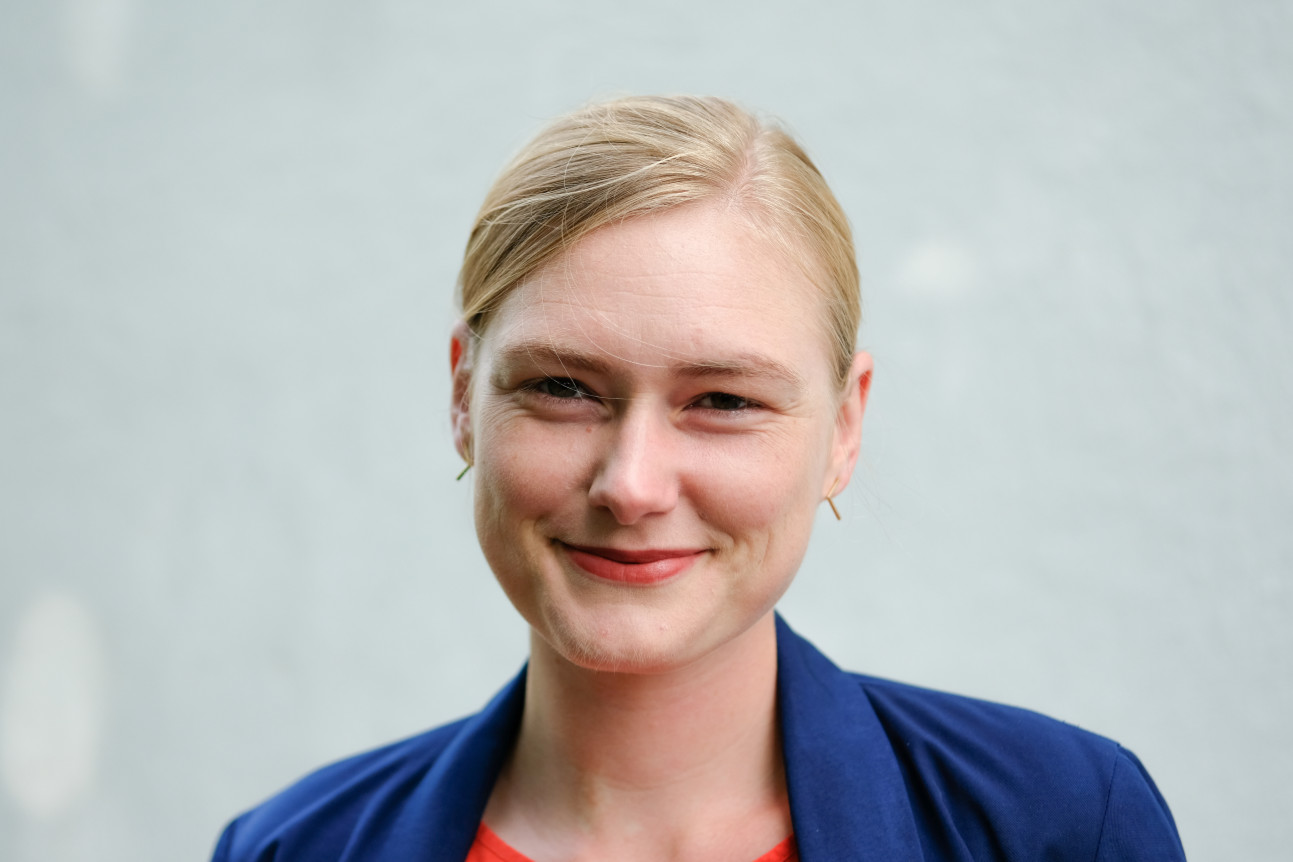
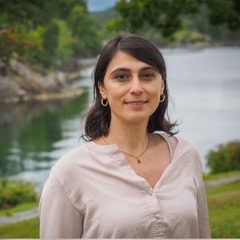
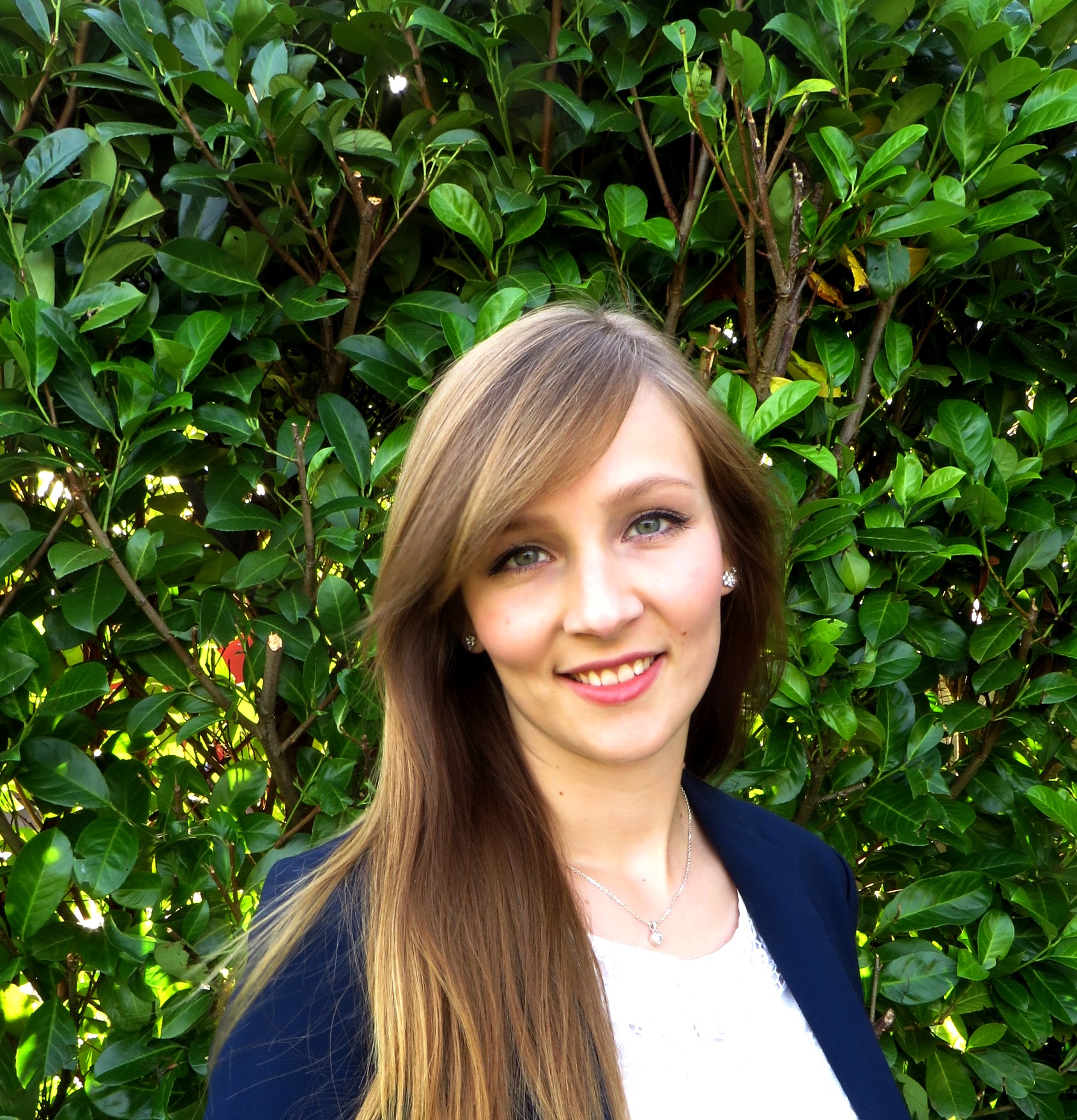
 Image Copyright: Cosima Hanebeck
Image Copyright: Cosima Hanebeck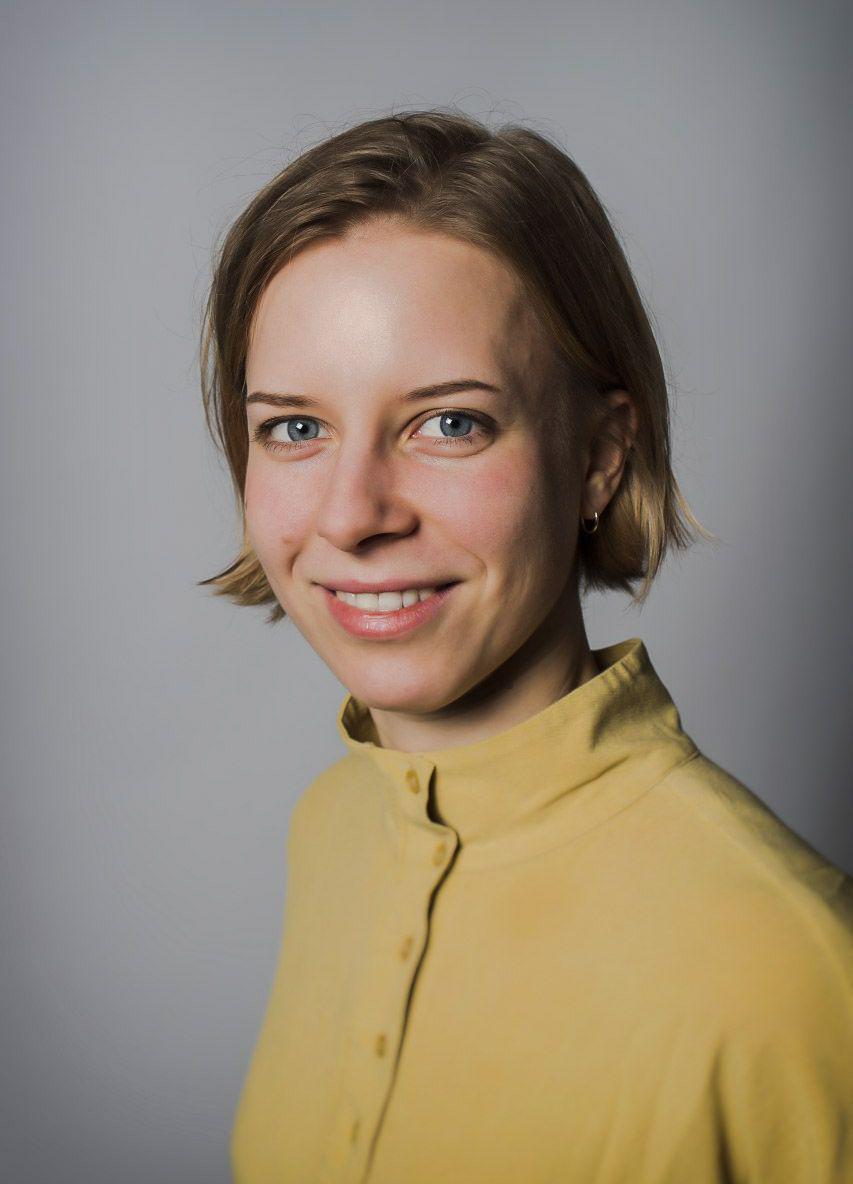
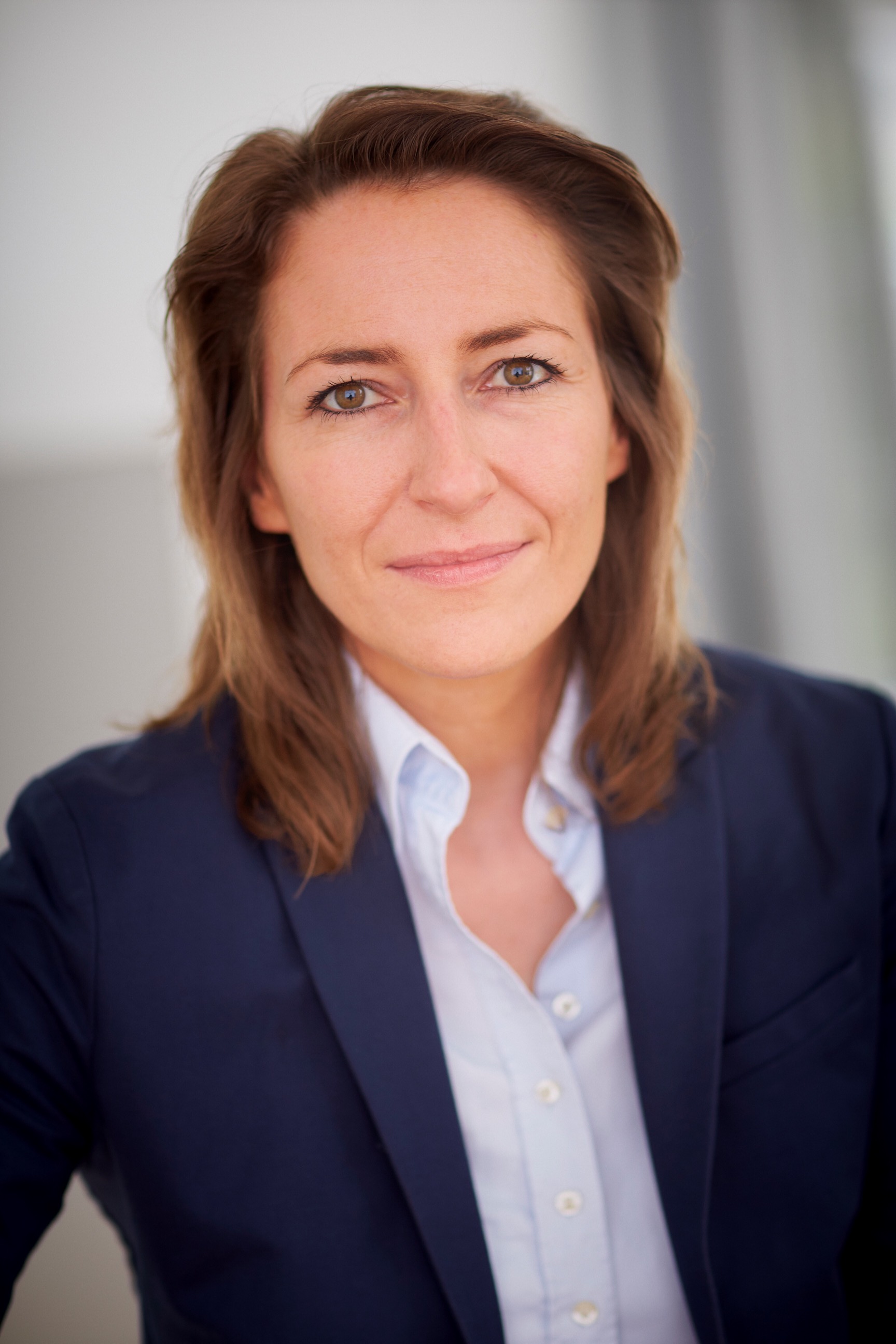
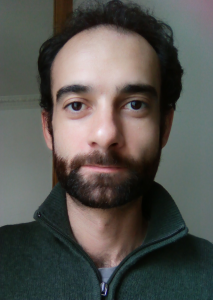
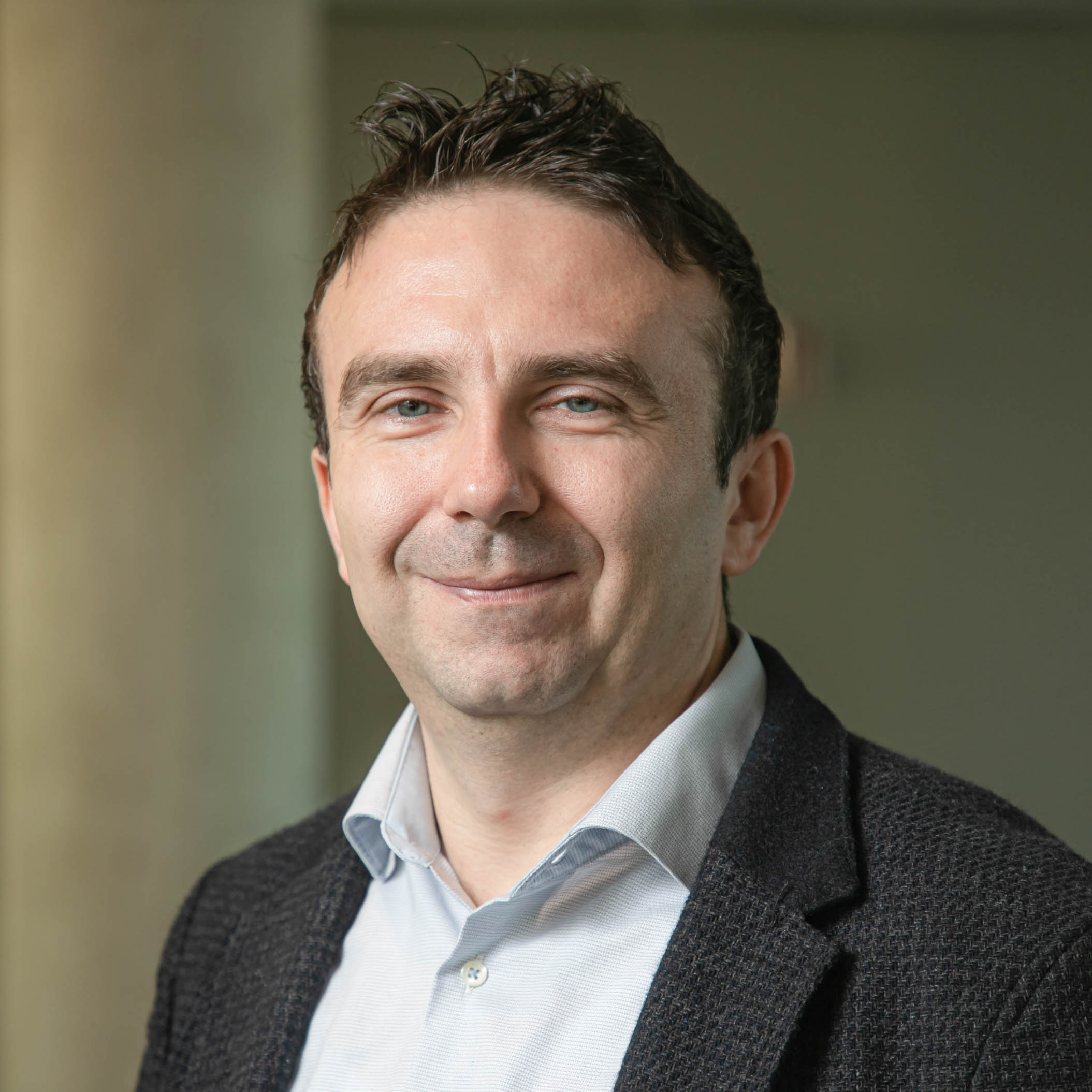 Image Copyright: Christian Kielmann
Image Copyright: Christian Kielmann 